Coming to Nghia Dong commune, Tan Ky district in May, walking on the village roads, you will no longer see the green, sprawling mulberry fields like before. Instead, there are rows of sugarcane and corn covered in the growing season.
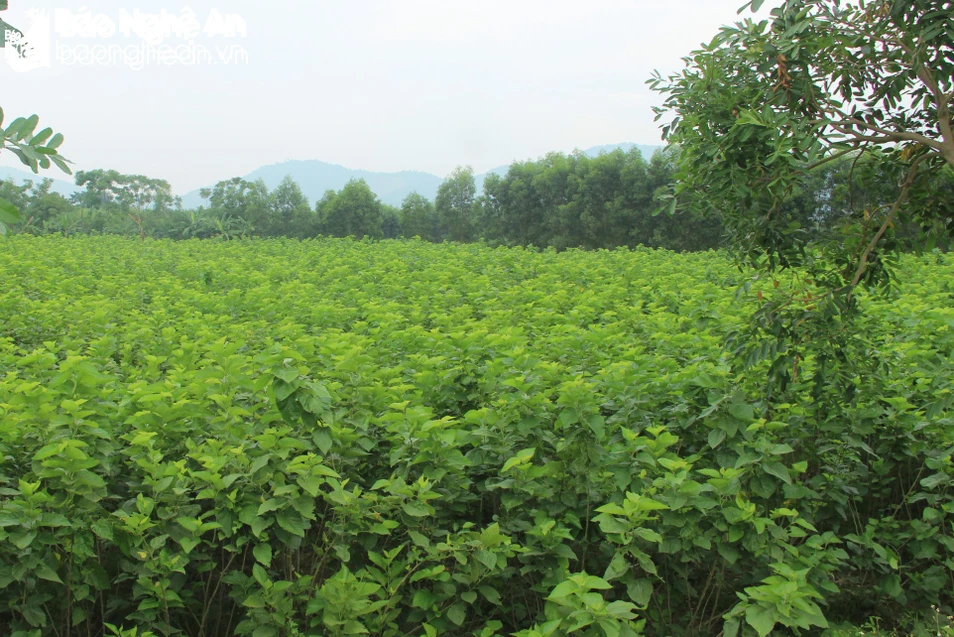
Mr. Dao Xuan Nam’s family in Hamlet 3 is one of the households with many years of experience in growing mulberry and raising silkworms in the locality. However, Mr. Nam has stopped this profession for more than 2 years now. In the house, the silkworm breeding trays are no longer used, temporarily set up in a corner of the yard.
Mr. Nam shared: We have been doing this job for nearly 20 years, this has been the main source of income during that time. However, in recent years, growing mulberry and raising silkworms has encountered many disadvantages, especially the price and output of the products are no longer the same as before. In addition, the health of the couple is getting weaker, they cannot stay up late and wake up early, take care of the silkworms regularly, and their children also work far away and do not follow the profession, so the family is forced to give up this job, although it is very regretful.
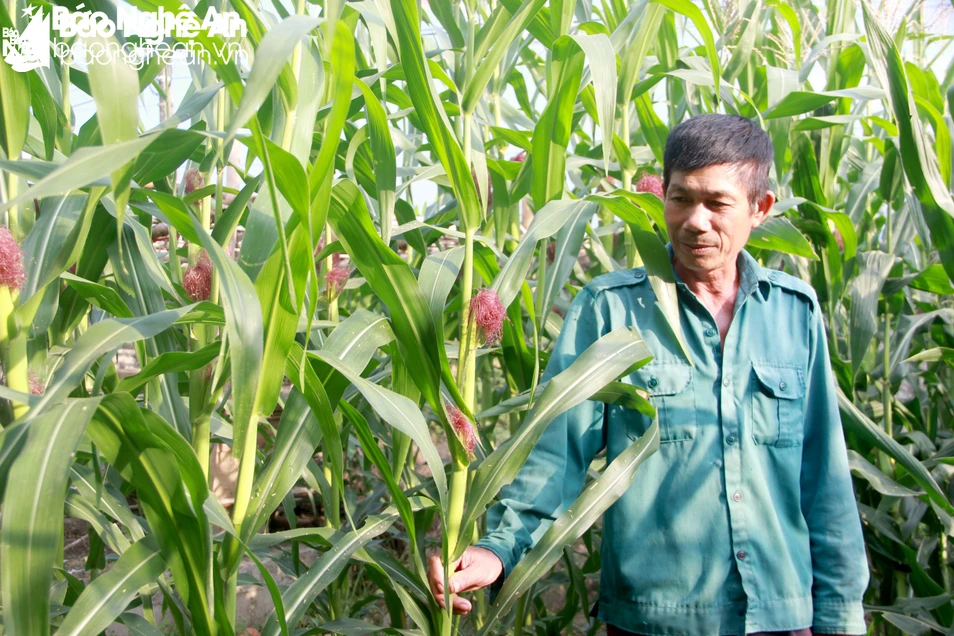
Having said that, Mr. Nam pointed to the corn field in front of his house and shared: Before, the family had 6 sao of mulberry, now it has been completely replaced by corn and cassava. The income may not be as good, but the care is less difficult, and health is guaranteed.
Mr. Nam's family is one of dozens of households in Nghia Dong commune that have given up the silkworm farming business in recent years. The main reason for this situation is unstable output and falling prices. Previously, there was a time when the price of cocoons fluctuated from 130,000 - 150,000 VND/kg, but during the Covid-19 period, it dropped sharply, to only 70,000 - 80,000 VND/kg. Many households could not stay because of the high cost of care, and were forced to quit their jobs. After the epidemic passed, most of them switched to planting new trees or focusing on raising livestock.
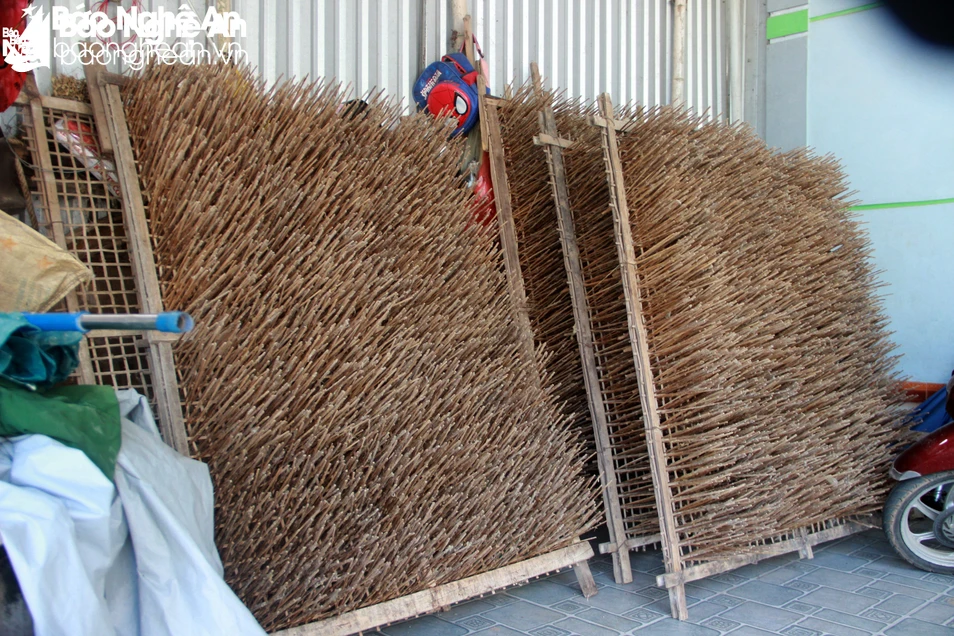
Mrs. Mai Thi Ly's family is one of the few households still working in the profession in Nghia Dong commune. Mrs. Ly said that she has been involved in this traditional profession since she was a child, so she does not want her ancestors' profession to be lost, so she still tries to keep the profession. Currently, she still maintains 5 sao of mulberry to raise silkworms.
According to Ms. Ly, in addition to the reasons of price and product output, there is another reason that makes silkworm farming disadvantageous in the locality, which is that the quality of mulberry leaves is not guaranteed.
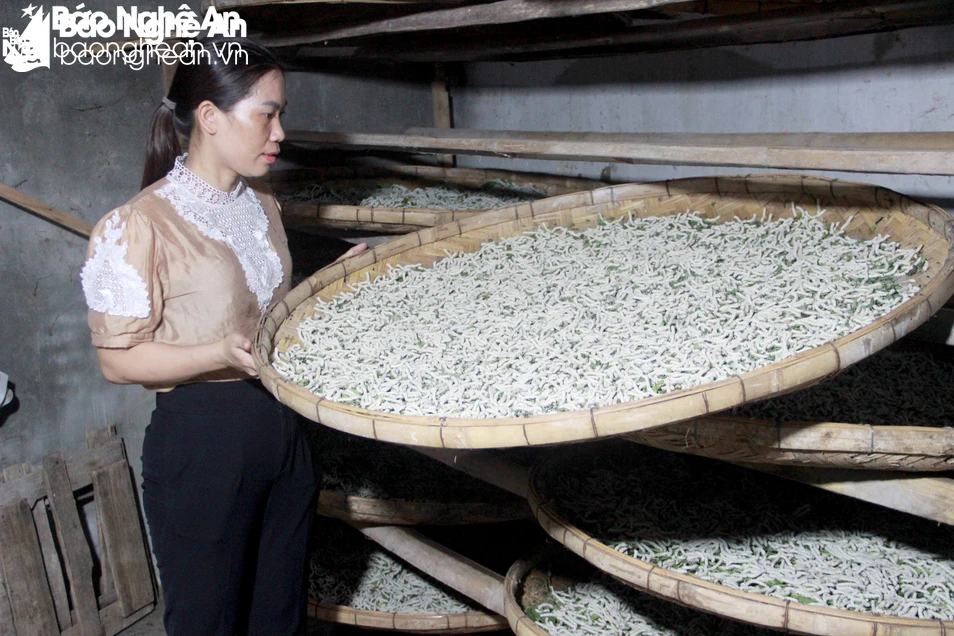
Specifically, according to Ms. Ly, after households gave up their jobs, the mulberry fields were replaced by other crops such as sugarcane, corn, cassava, etc. In recent years, these alternative crop areas have had diseases, so people have been forced to use pesticides to spray. This has caused the pesticides to be carried by the wind through the mulberry fields. This has led to the mass death of silkworms after picking mulberry leaves to feed them.
“Mulberry leaves are the only food for silkworms, there is no other supplementary food source. Mulberry leaves for silkworms need a lot of nutrients, dark green leaves, lots of sap, the leaves must be picked at the right age and absolutely clean. In 2023, the mulberry leaves were contaminated with pesticides, the family did not know so they still picked them to feed the silkworms, after just a few days the silkworms were infected and many died, they could not weave cocoons, the whole crop was considered a total loss…”, Ms. Ly shared.
The wish of Ms. Ly as well as the remaining households who are still sticking with the profession is that the locality will plan a separate mulberry growing area, with suitable sandy soil, a certain distance from other crops so that people can feel secure in growing mulberry, maintaining this traditional profession.
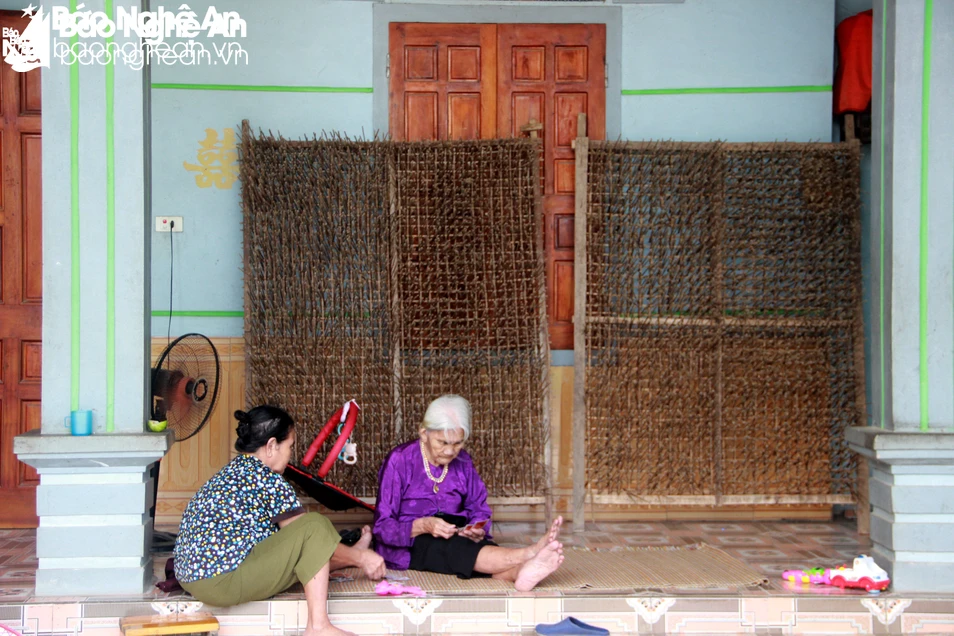
Through discussion, the Nghia Dong commune authorities said: The locality is very proud of being the only place with the profession of growing mulberry and raising silkworms in the district. The quality of silk in Nghia Dong has been affirmed in the market for many years.
However, up to now, this traditional profession is gradually fading away. If before 2020, the whole commune had about 100 households doing the profession, according to the latest statistics in 2024, there were only 19 households left, the mulberry growing area has also decreased from more than 20 hectares to more than 50%. The main reason for this situation is the fluctuating market prices, the decline in income of workers, besides, the majority of young people in the locality have gone to work abroad, working far away, so maintaining the profession is difficult.
Regarding the issue of people’s concern about separate mulberry growing areas, minimizing the impact of pests and pesticides. The locality will research and develop a suitable plan in the coming time so that this traditional profession does not gradually disappear over time./.
Source
















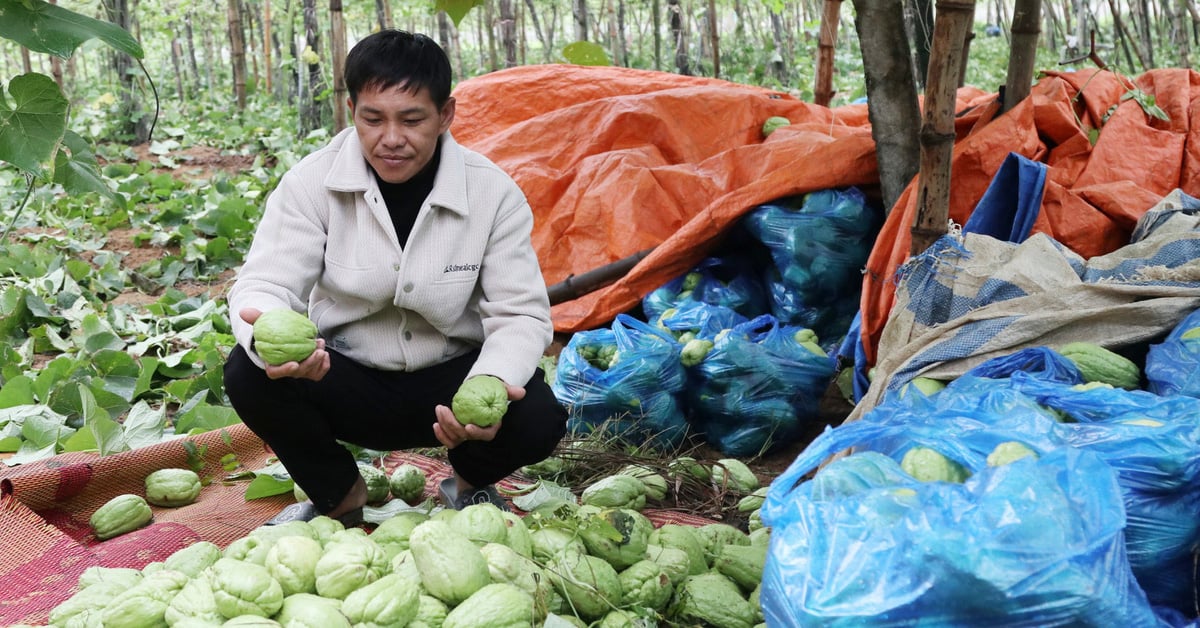












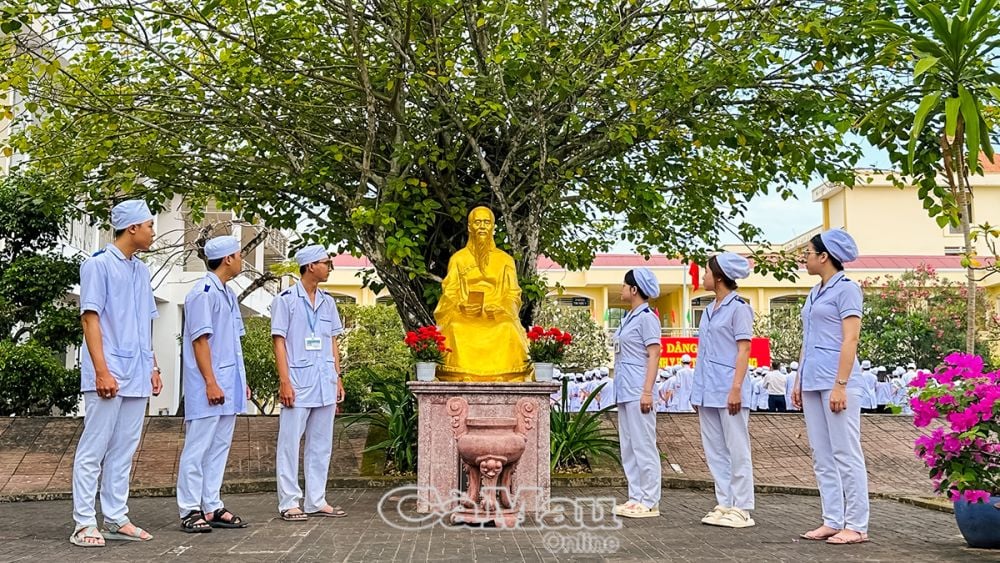
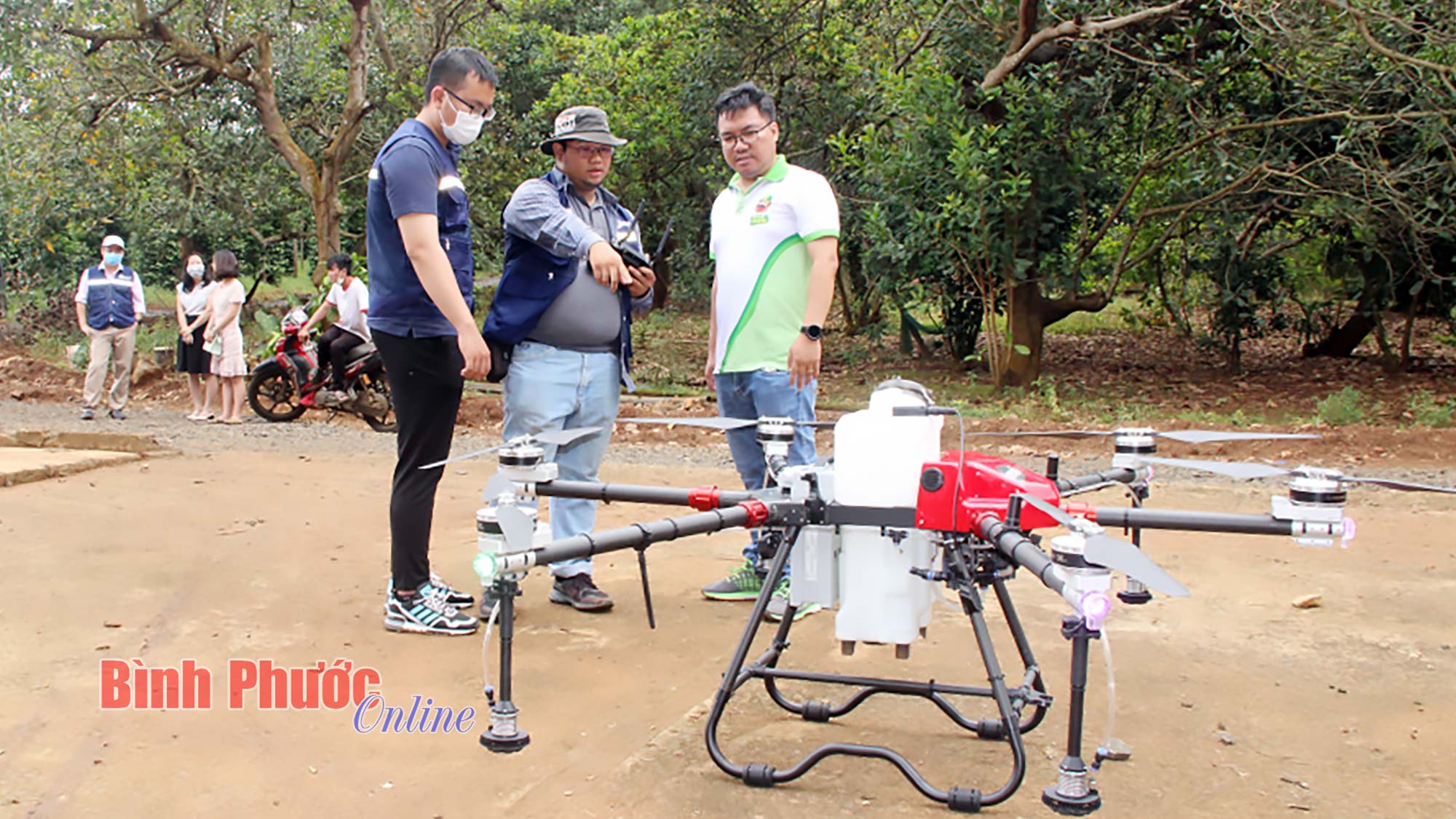







![[Photo] Prime Minister Pham Minh Chinh chairs Government Conference with localities on economic growth](https://vstatic.vietnam.vn/vietnam/resource/IMAGE/2025/2/21/f34583484f2643a2a2b72168a0d64baa)


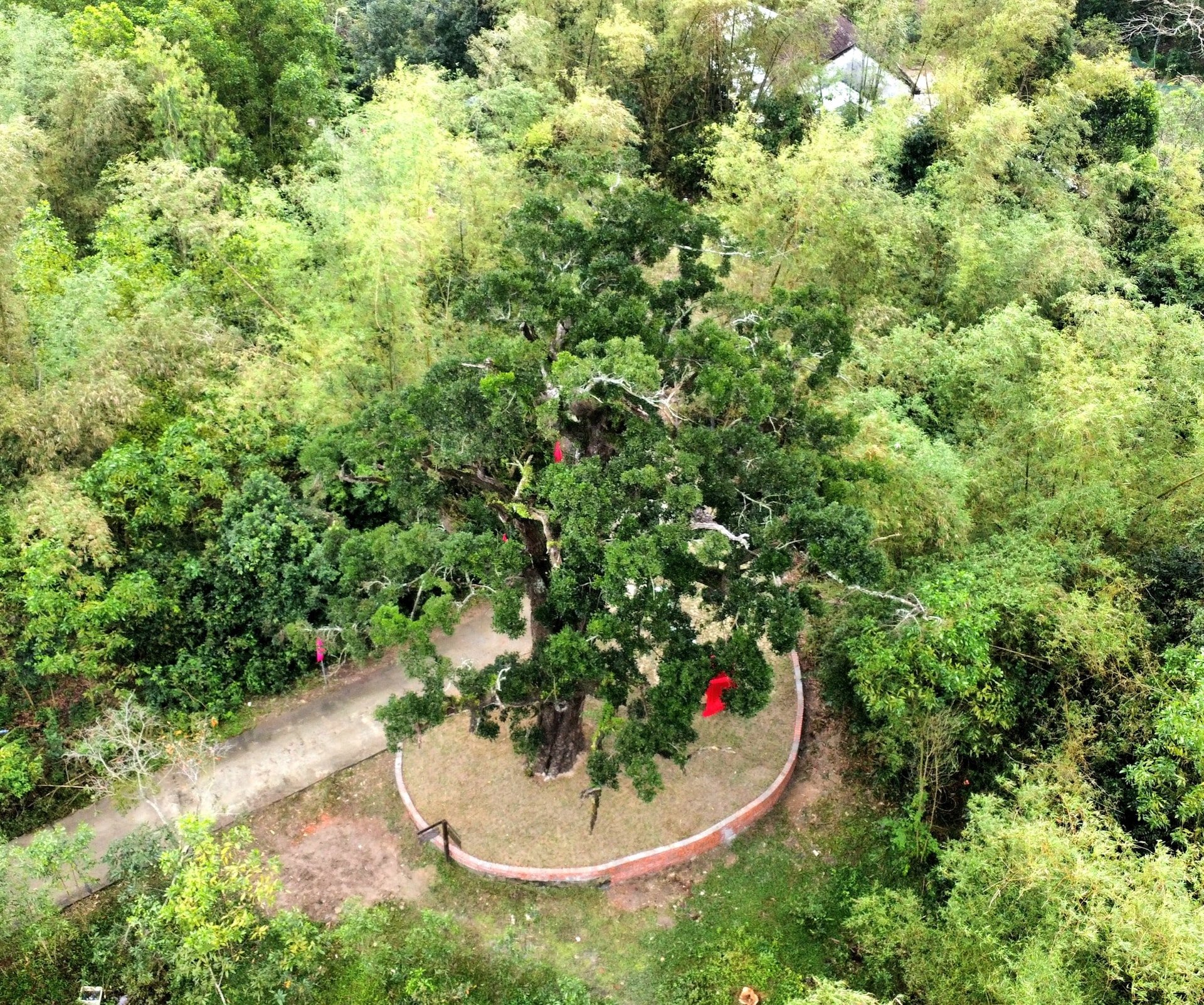

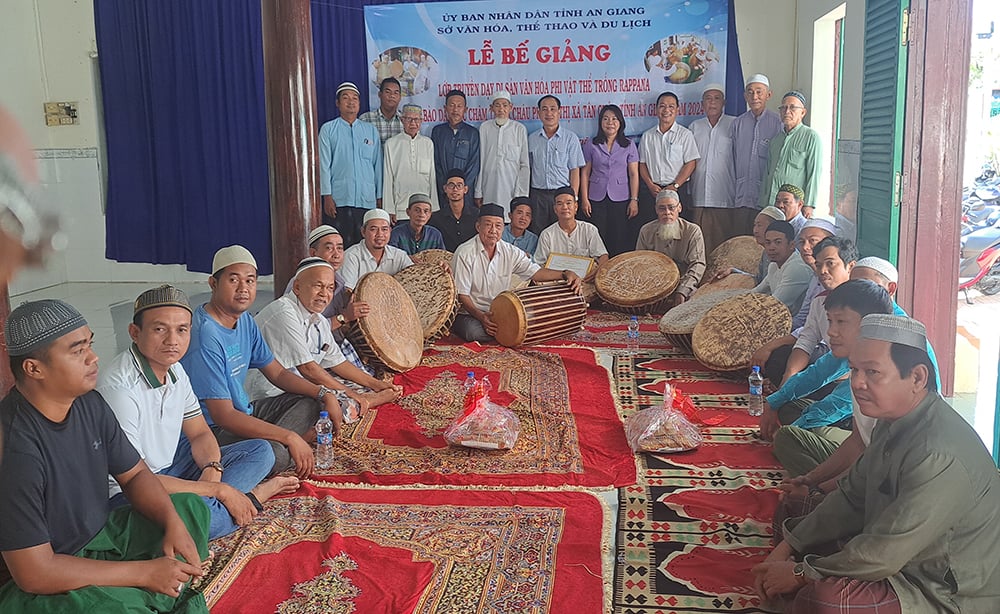







































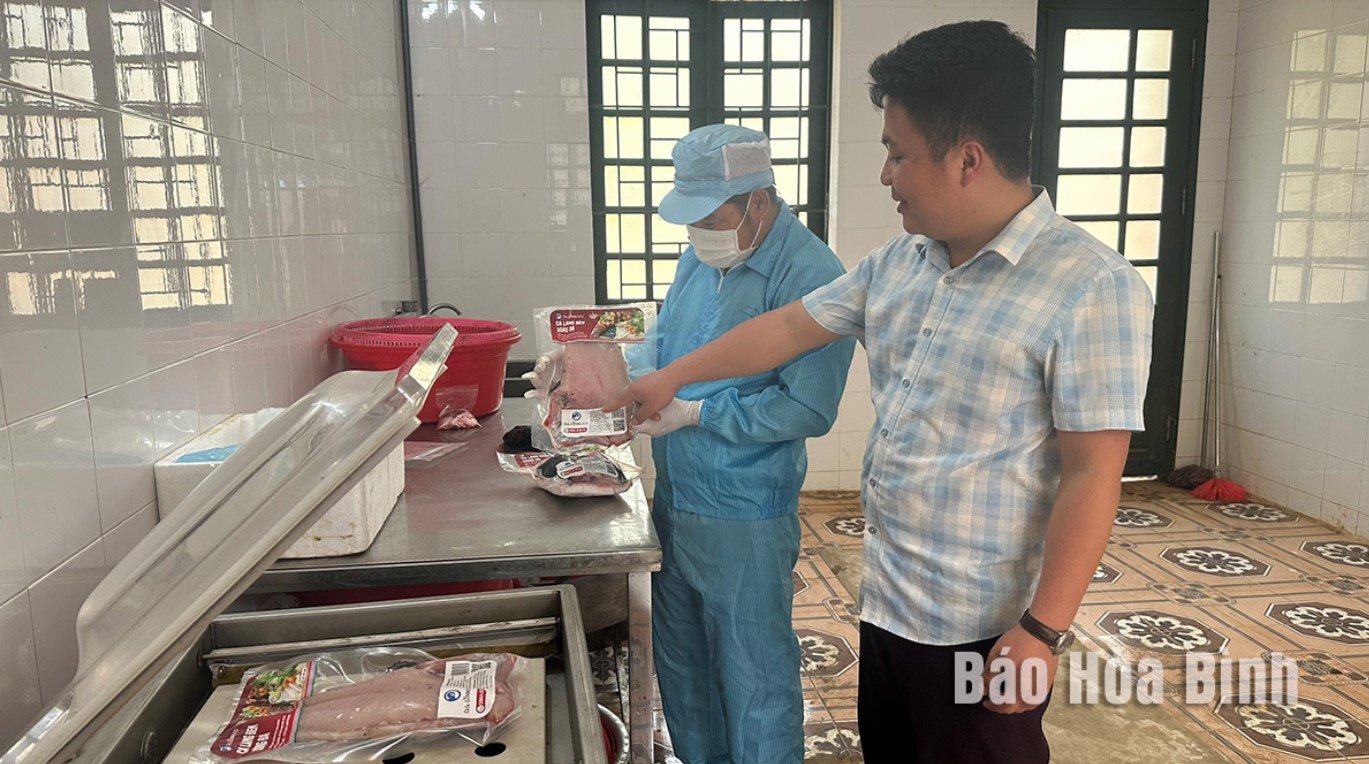





Comment (0)